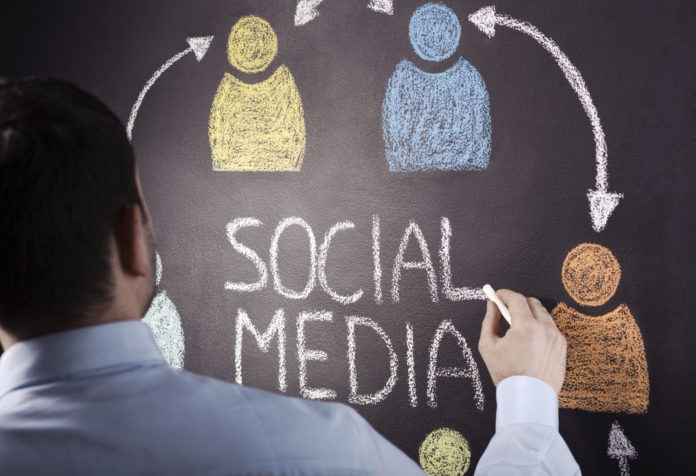
In our technology-driven society, many patients make their health choices based upon the direction they receive from peers, colleagues and role models via social media. As a result, social media has altered the way in which patients approach their health and their expectations in clinical care.
Physicians, too, have begun to use social media to their advantage as a professional networking tool, as a form of education for physicians, patients and students, and as a marketing tool. As a physician at one of the largest physician-led practices in the New York metro area I see many patients from different walks of life and ability to access healthcare. Despite some of the trepidation that remains in the industry toward social media, I believe it’s making an invaluable contribution to improving healthcare by creating a stronger sense of community between patients and their doctors and increasing collaboration amongst healthcare professionals.
For instance, the app Figure 1 is a popular global online platform that allows physicians to upload photos, focused on clinical issues, while maintaining patient confidentiality. The app lets physicians share photos of medical conditions for teaching and diagnostic purposes while ensuring safeguards to patient privacy and consent are adhered to. All images shared through the app have been scrubbed for identifying features (e.g. faces, tattoos, or dates/location that may disclose a person’s identity). It allows verified physicians to view and discuss the cases being shared. As Figure 1 uses images as its primary medium it’s been called the Instagram for doctors. Additionally, it carries the benefit of offering greater collaboration between medical professionals – including referrals and second opinions – and serves as an educational tool for students and physicians.
Using common social media platforms like Twitter and Facebook, healthcare professionals (HCPs) are able to share more about their practices and start-up companies to reach patients, investors and other HCPs. When it comes to communicating with companies, social media allows for a stronger reciprocal relationship between the user and the provider, due to the greater level of engagement and interaction.
Social media also provides a useful tool for patients and how they approach health-related issues they’re more reticent to openly discuss with their doctor, such as mental health. Tumblr has become a well-regarded outlet for discussion-oriented blogging around mental health issues. Respected organizations and individuals like National Alliance on Mental Illness (NAMI) or New York City’s first lady Chirlane McCray, are engaging with Tumblr users discussing mental health topics through a dedicated space, making it easier for people to engage.
Social is also a strong resource for medical students find practical use with social media platforms that allows for engagement with other students, professors and physicians from different schools and regions. Student Doctor Network has a popular discussion forum for medical students in both the United States and Canada. Students post questions and work with each other and physicians to gain a greater understanding of course material, admissions tests, residency, etc.
Despite the massive benefits of using social media as a positive educational tool, there are precautions that must be taken to uphold patient confidentiality. The healthcare industry is built upon a strong patient-doctor relationship that is focused on maintaining confidentiality, autonomy and goodwill. Many companies and social platforms in the healthcare field have implemented privacy requirements and processes to ensure patient confidentiality is maintained.
Social media is still a relatively new advancement in healthcare, and thankfully it’s proven to be an effective tool in connecting physicians, students and patients, which means it will continue to grow and gain greater momentum.
As a result, many healthcare companies are using social to better engage with consumers and develop a more customer-centric approach to care. With technology constantly evolving, social media is guaranteed to continue to change – and I believe improve – how patients and medical professionals approach healthcare and how healthcare is delivered.
